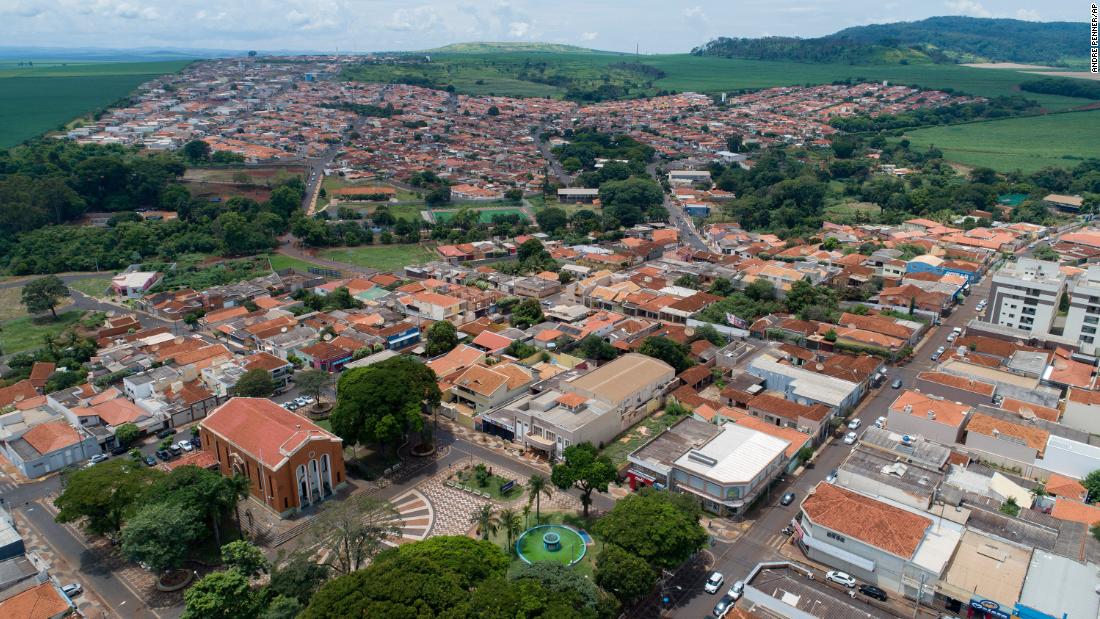
The study will involve the city of Serrana in southeastern Sao Paulo, the research institute said.
“The entire adult population, estimated at 30,000 people, will be immunized in three months, in an unprecedented action,” the Butantan Institute wrote on Twitter on Wednesday.
The idea of vaccinating as many people as possible will allow researchers to “follow the evolution of the epidemic. It has technical aspects that will make it possible to perform calculations, projections and calculation if the vaccine is able to reduce the transmission of the virus, “said Dimas Tadeu Covas, director of the institute.
The city of Serrana, with a population of about 45,000 inhabitants, was divided into four color-coded regions. All people over the age of 18 will receive a Coronavac vaccine, except for pregnant or breastfeeding women and those with serious illnesses, according to the Butantan Institute.
“Based on what we will learn here, we will be able to tell the rest of the world what the actual effect of vaccination against Covid-19 is,” said Ricardo Palacios, director of clinical trials at Butantan.
There is a glimmer of hope, said Dr. Carissa Etienne, director of the Pan American Health Organization, on Wednesday. “After many weeks of rising Covid cases and deaths, we are beginning to see improved trends in some of the most severely affected countries, including the US and Brazil,” she said in a weekly online briefing.
She warned, however, that these trends are “a cause for hope, but not a holiday.”